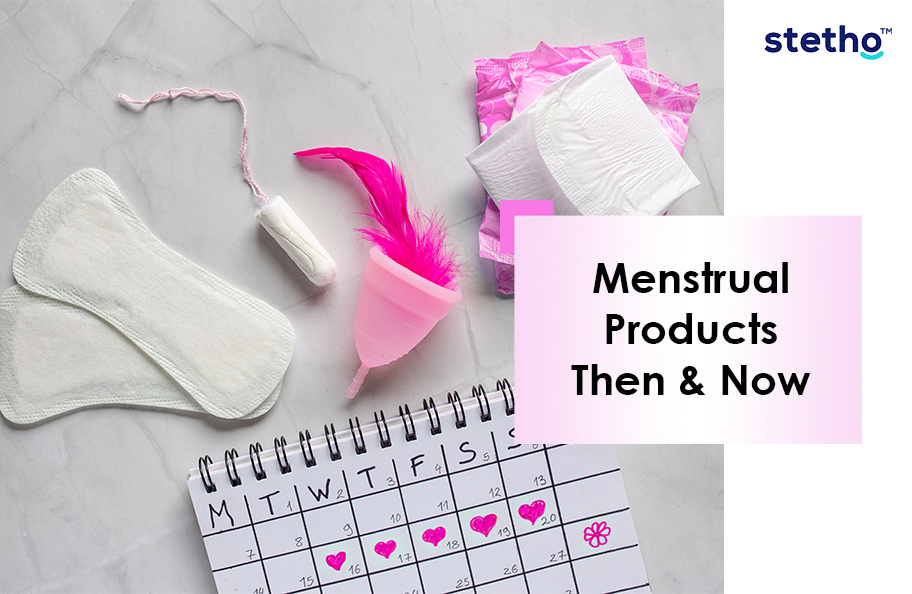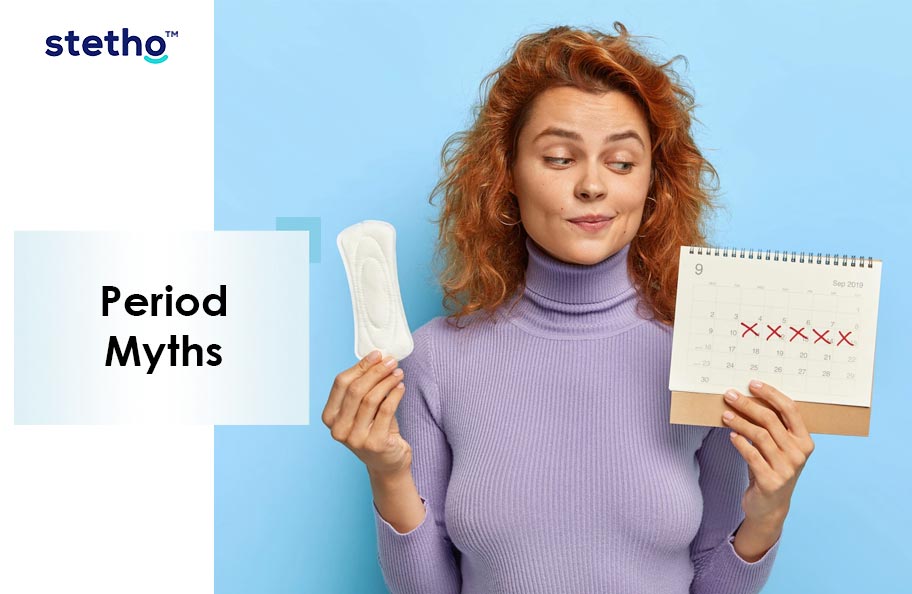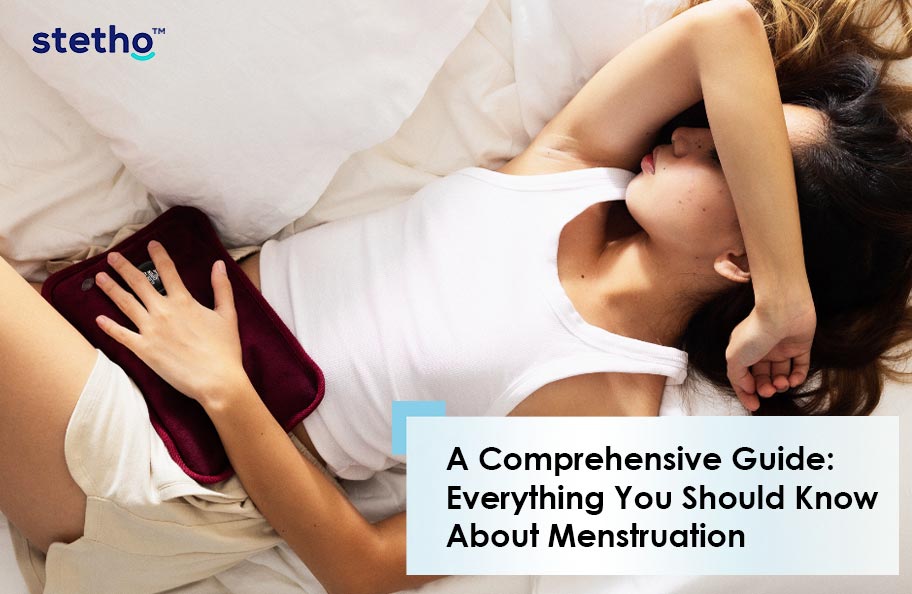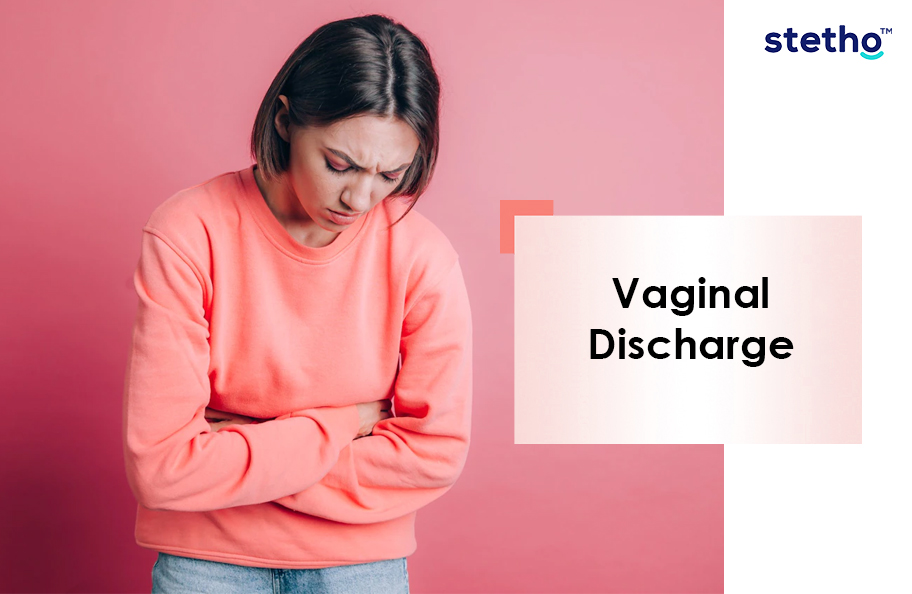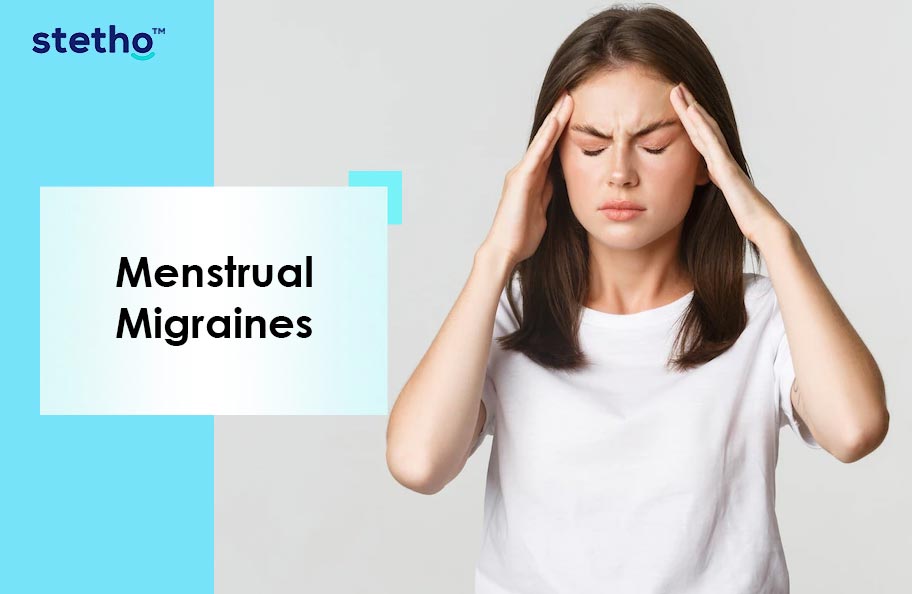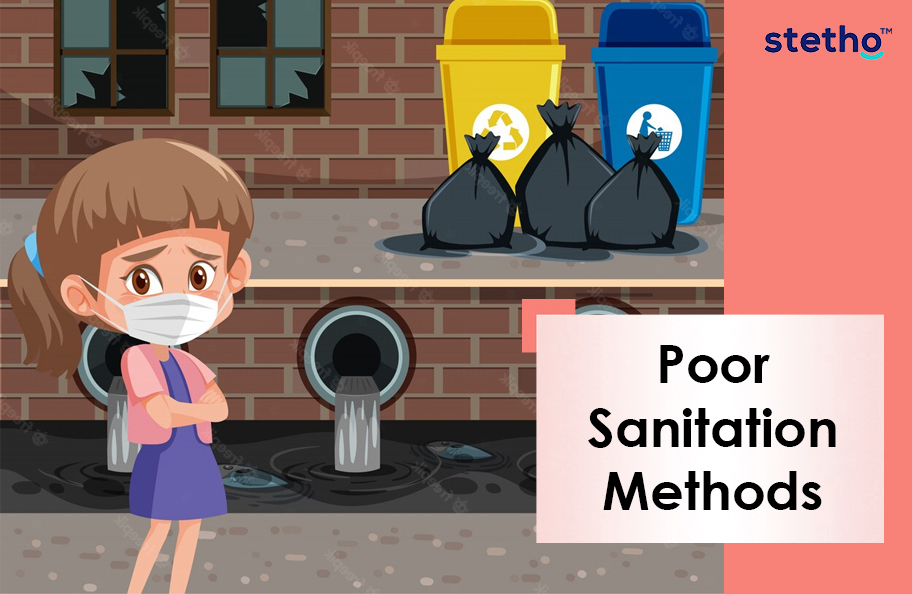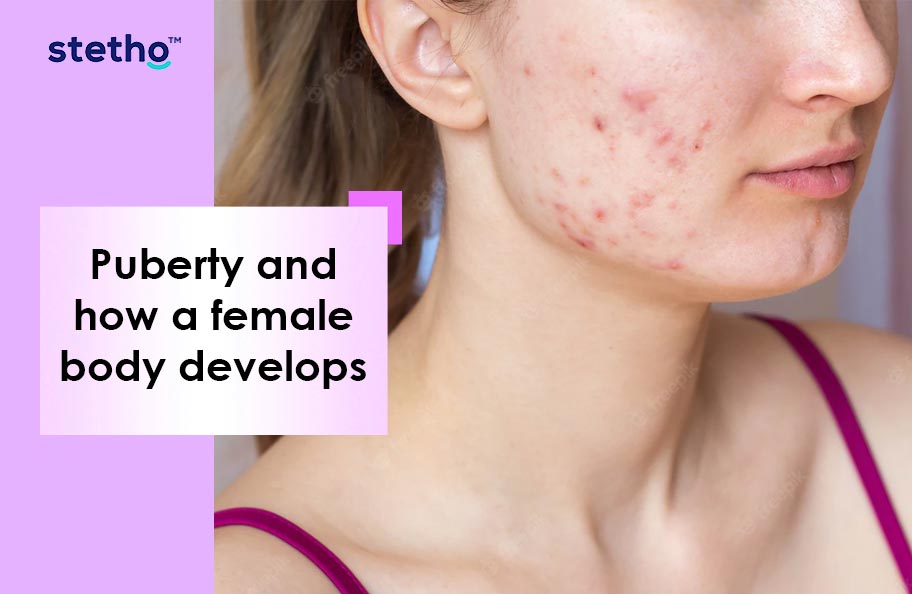Roughly 829,000 people worldwide die each year from diarrhoea and of those 829,000 people, 525,000 of them are children. Diarrhoea can be the result of unsafe drinking water, poor sanitation, and hand hygiene. Diarrhoea is defined as “the passage of three or more loose or liquid stools per day” and is typically a symptom of an internal tract infection. Without proper access to clean water, people are less likely to wash their hands leading to contamination and the likelihood of diarrhoea and other diseases. Contaminated drinking water or food, or from one person to another because of poor hygiene can be the cause of infection in the intestinal tract.
Read More



